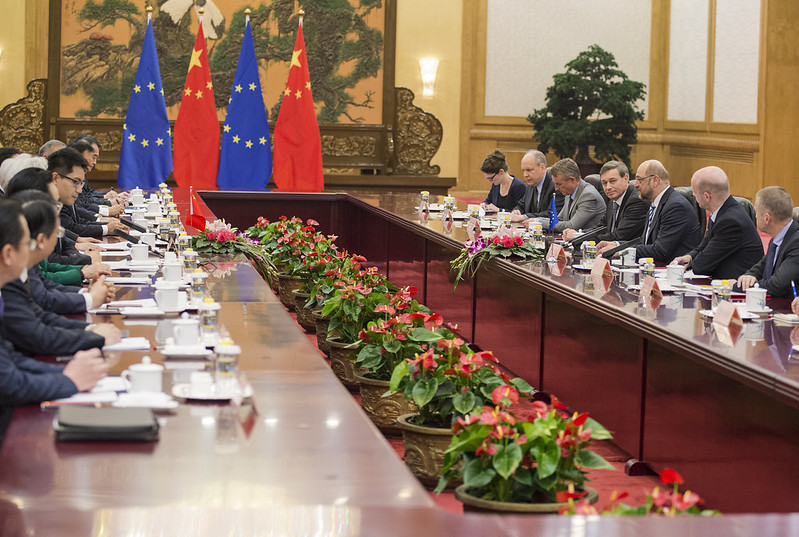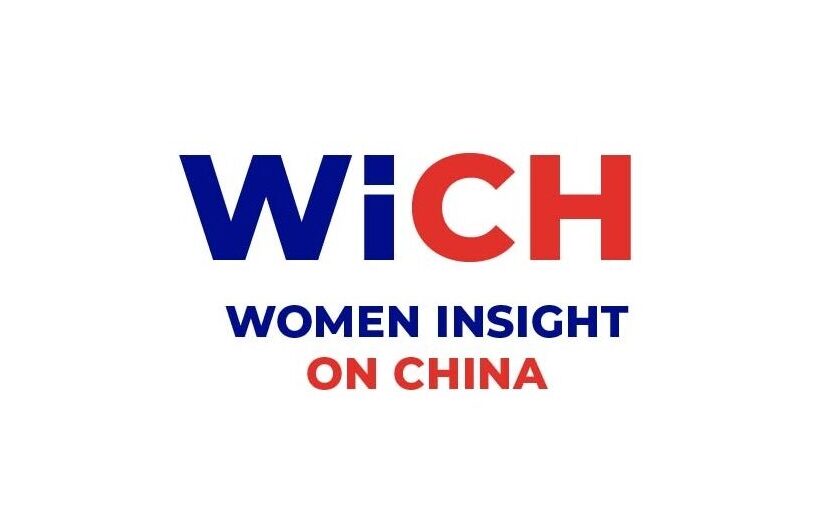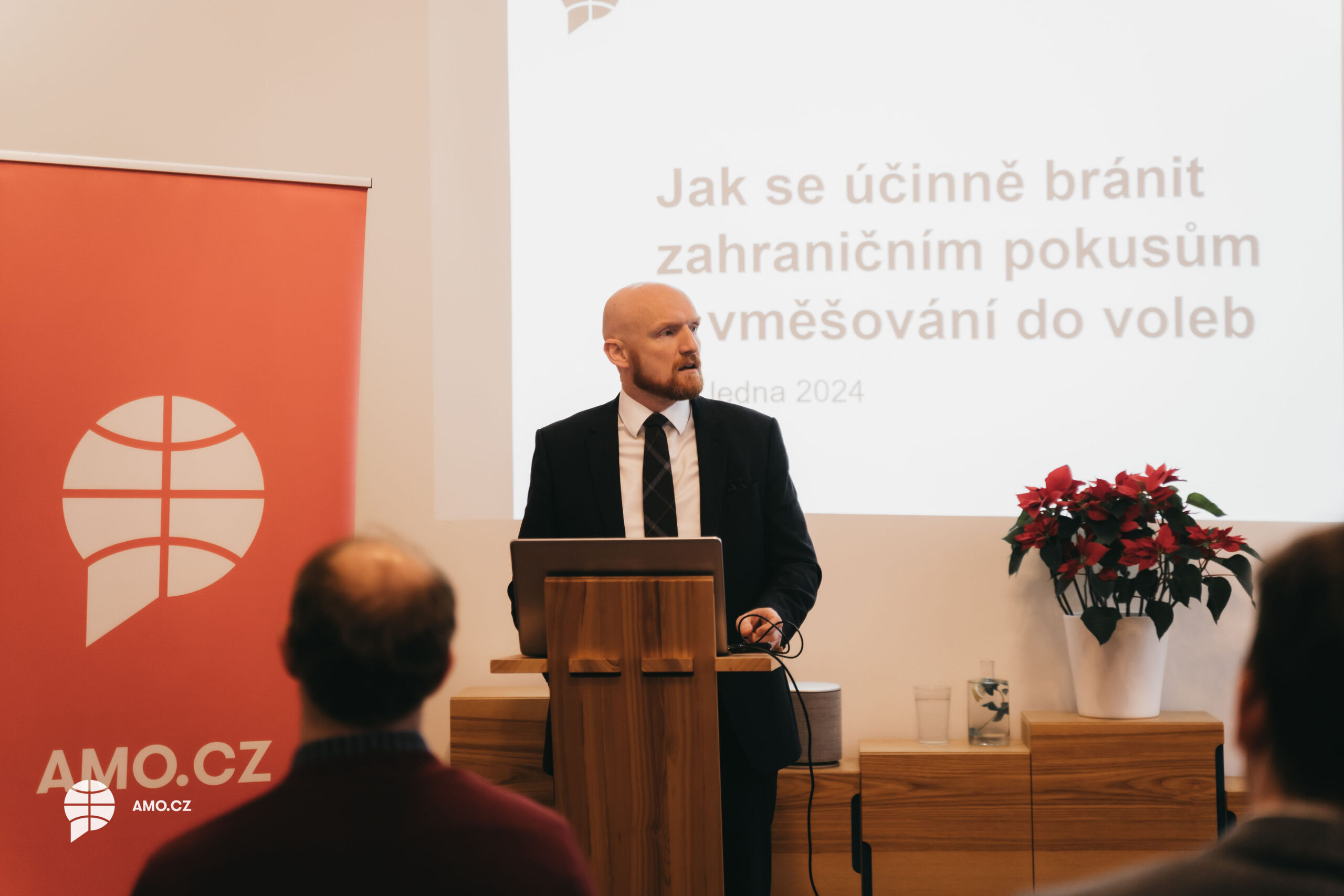On March 22, 2021, the European Union imposed unilateral sanctions on four representatives of the Chinese party-state apparatus and one Chinese entity. Brussels’ decision was motivated by the deteriorating human rights situation in China’s Xinjiang region, where over a million Uighurs and other Muslim minorities have been reportedly detained and used as forced labour. Beijing’s response was swift and asymmetric, as 10 individuals (MEPs, politicians and researchers) and four entities (including MERICS, Europe’s largest think-tank focusing on China) became subject to retaliatory sanctions. Moreover, the diplomatic crisis was accompanied by a state media-initiated, China-wide consumer boycott of foreign brands that had previously expressed concern over the situation in Xinjiang.
The scale of the sanctions reflects Beijing’s global ambitions and its new-found confidence as an international player. By exerting pressure on the European political and expert community, the Chinese Communist Party (CCP) tries to silence its critics abroad. Paradoxically, however, moves targeting representatives of civil society may result in further increase in negative opinions among at least some of those professionally engaged in relations with China in Europe. The escalation of tensions could also negatively affect the prospects for ratification of the controversial EU-China Comprehensive Agreement on Investment (CAI). Simultaneously, Beijing will most probably keep on cultivating nationalism in order to target specific foreign entities from countries not acting in line with the interests of the CCP. In this way, Chinese authorities disperse responsibility for their own decisions and justify its offensive foreign policy with the need to fulfil social expectations or to defend China’s sovereignty.
EU countries should oppose this kind of international behaviour and support sanctioned individuals and entities. Lack of such solidarity, among other factors, can lead to increased self-censorship among those working on China. A constructive discussion on Sino-European relations requires criticism from both sides, and it is in the EU’s interest to shape an open public debate on this matter, independent of external pressure and at the same time open to cooperation with like-minded partners.
The text was first published in Asia Research Centre Brief 49, April 2021.
Image source: Martin Schulz/Flickr


